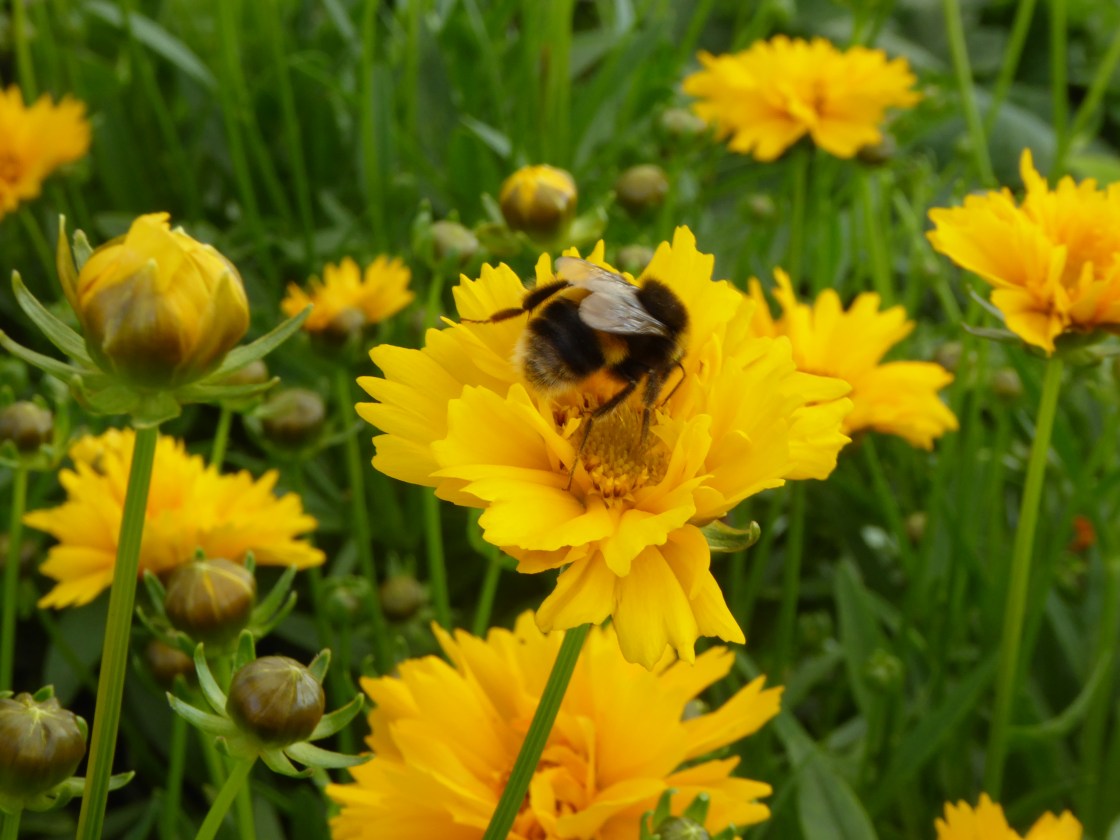I knew the poet Henry Reed for his verse, mainly the wonderful ‘Naming of Parts’, a very different sort of war poem from what we usually think of. However, I was surprised to learn he only published one volume of verse, although more was published after his death in 1986. He was born in Birmingham in 1914, and went to the university of his birth city where his BA thesis was on Thomas Hardy.
He became a teacher and served in naval intelligence during the war, moving to the BBC in 1946. I didn’t realise that he wrote a series of humorous plays about Hilda Tablet, is a fictitious “twelve-tone composer” who invented the equally fictitious ‘musique concrète renforcée’ – reinforced concrete music!
These plays were broadcast in the 1950’s and had what might be called a stellar cast:
- Hugh Burden – Herbert Reeve
- Mary O’Farrell – Hilda Tablet
- Marjorie Westbury – Elsa Strauss
- Carleton Hobbs – Stephen Shewin
- Deryck Guyler – General Gland
- …and – Denis Quilley, Leonard Sachs, Michael Flanders, Norman Shelley and Rose Hill
- Hilda’s music – Donald Swann
- producer – Douglas Cleverdon.
‘The character ‘Herbert Reeve’ was given the name as so often Henry Reed was mistaken for Sir Herbert Read (art historian and poet, 1893 – 1968)
So here is Henry, not Herbert, Reed, not Read’s poem:
Naming of Parts
Today we have naming of parts. Yesterday,
We had daily cleaning. And tomorrow morning,
We shall have what to do after firing. But to-day,
Today we have naming of parts. Japonica
Glistens like coral in all of the neighbouring gardens,
And today we have naming of parts.
This is the lower sling swivel. And this
Is the upper sling swivel, whose use you will see,
When you are given your slings. And this is the piling swivel,
Which in your case you have not got. The branches
Hold in the gardens their silent, eloquent gestures,
Which in our case we have not got.
This is the safety-catch, which is always released
With an easy flick of the thumb. And please do not let me
See anyone using his finger. You can do it quite easy
If you have any strength in your thumb. The blossoms
Are fragile and motionless, never letting anyone see
Any of them using their finger.
And this you can see is the bolt. The purpose of this
Is to open the breech, as you see. We can slide it
Rapidly backwards and forwards: we call this
Easing the spring. And rapidly backwards and forwards
The early bees are assaulting and fumbling the flowers:
They call it easing the Spring.
They call it easing the Spring: it is perfectly easy
If you have any strength in your thumb: like the bolt,
And the breech, and the cocking-piece, and the point of balance,
Which in our case we have not got; and the almond-blossom
Silent in all of the gardens and the bees going backwards and forwards,
For today we have naming of parts.
Henry Reed

